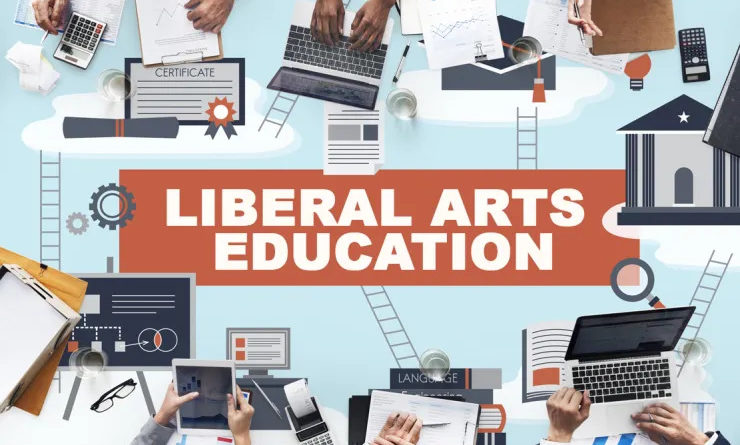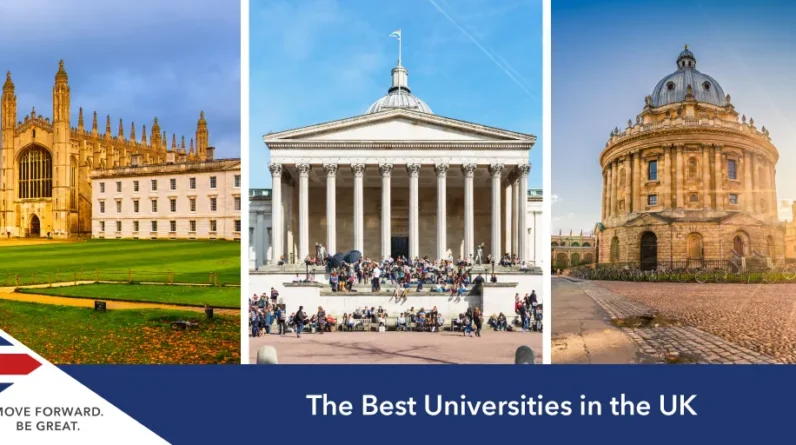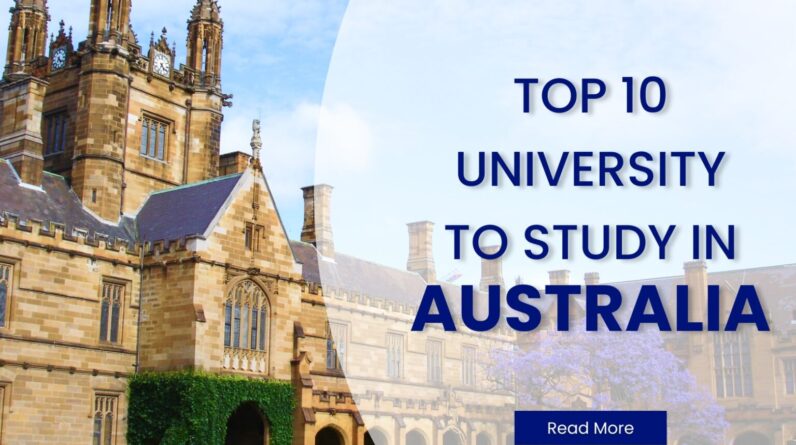
Unlocking the Benefits of a Liberal Arts Education: A Holistic Approach to Learning
In today’s competitive and rapidly changing world, a liberal arts education stands out as a beacon of holistic learning, offering a myriad of benefits that transcend traditional disciplinary boundaries. Rooted in the pursuit of knowledge for its own sake, a liberal arts education fosters critical thinking, creativity, and adaptability, preparing students to thrive in diverse professional landscapes and navigate complex global challenges with confidence and agility.
Cultivating Critical Thinking and Problem-Solving Skills
At the heart of a liberal arts education lies a commitment to cultivating critical thinking and problem-solving skills. Through rigorous inquiry and analysis, students are encouraged to question assumptions, evaluate evidence, and construct well-reasoned arguments. This intellectual agility not only enhances academic achievement but also empowers individuals to navigate real-world challenges with confidence and resilience.
Fostering Creativity and Innovation
A liberal arts education nurtures creativity and innovation by encouraging interdisciplinary exploration and collaboration. By integrating knowledge from diverse fields such as literature, history, science, and the arts, students develop a broad perspective that fuels creativity and fosters innovative thinking. This interdisciplinary approach equips individuals with the ability to connect seemingly disparate ideas, envision novel solutions, and drive positive change in society.
Nurturing Effective Communication Skills
Effective communication is essential in both personal and professional realms, and a liberal arts education excels in nurturing this vital skill set. Through engaging discussions, written assignments, and presentations, students learn to articulate their ideas persuasively, listen actively, and engage in constructive dialogue with others. These communication skills not only enhance academic success but also lay the foundation for effective leadership and collaboration in diverse contexts.
Promoting Cultural Competence and Global Awareness
In an increasingly interconnected world, cultural competence and global awareness are indispensable attributes for success. A liberal arts education promotes these qualities by exposing students to diverse perspectives, cultures, and worldviews. Through courses in anthropology, sociology, international studies, and language studies, students gain a deeper understanding of global issues and develop empathy, tolerance, and respect for cultural diversity.
Navigating Career Pathways with Versatility and Adaptability
Contrary to common misconceptions, a liberal arts education equips graduates with versatile skills that are highly valued in today’s dynamic job market. The broad-based knowledge and transferable skills acquired through a liberal arts education enable individuals to pursue diverse career pathways and adapt to evolving professional demands. Employers increasingly seek candidates who demonstrate critical thinking, communication proficiency, and a broad intellectual foundation – qualities that are intrinsic to a liberal arts education.
Embracing Lifelong Learning and Personal Growth
A liberal arts education instills a lifelong love of learning and a commitment to personal growth and development. By fostering intellectual curiosity, resilience, and self-reflection, a liberal arts education empowers individuals to embrace new challenges, explore new horizons, and continue learning beyond the confines of the classroom. This ethos of lifelong learning not only enriches individuals’ lives but also contributes to their professional success and fulfillment.
Conclusion: Embracing the Transformative Power of a Liberal Arts Education
In conclusion, a liberal arts education offers a transformative journey of intellectual exploration, personal growth, and professional development. By cultivating critical thinking, creativity, effective communication, cultural competence, and adaptability, a liberal arts education prepares individuals to navigate an increasingly complex and interconnected world with confidence, purpose, and resilience. Embrace the holistic benefits of a liberal arts education and unlock your full potential as a lifelong learner and global citizen.

Hi, I am John Smit a Captain in Fire Department City of Newyork with over years of experience in the field of Firefighting and HSE. My passion for fire safety started when I was a young boy and witnessed a neighbor’s house go up in flames along with precious lives. Since then, I had dedicated my life to ensuring the safety of buildings, properties, and individuals in case of a fire and medical emergencies.



